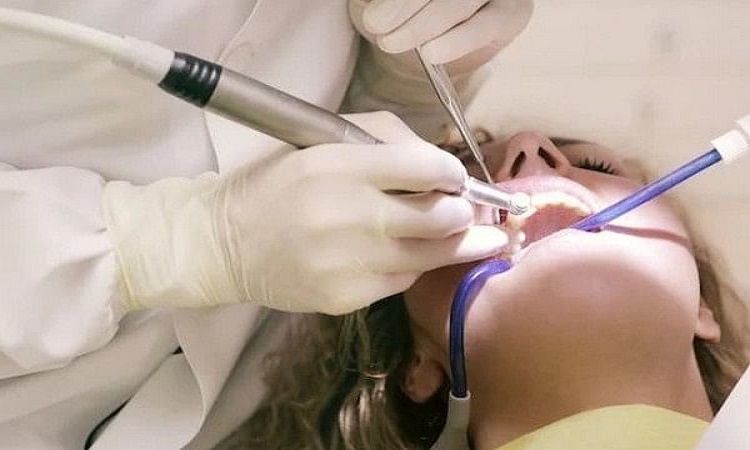Replacement of missing teeth with fixed prosthesis reduces risk of cognitive deterioration: Study
A study on choice of replacing missing teeth with fixed prosthesis may protect against cognitive decline was presented at the AADOCR's 52nd Annual Conference & Exposition, which was held in conjunction with the CADR's 47th Annual Meeting. Read further on Dynamite News:

Alexandria: A study on choice of replacing missing teeth with fixed prosthesis may protect against cognitive decline was presented at the AADOCR's 52nd Annual Conference & Exposition, which was held in conjunction with the CADR's 47th Annual Meeting. The AADOCR/CADR Annual Meeting & Exhibition took place at the Oregon Convention Center in Portland on March 15-18.
The study by Elizabeth Kaye of Boston University examined 577 men in the VA Normative Aging Study (NAS) and Dental Longitudinal Study. Tooth status and type of replacement, if any, were recorded at triennial dental exams (1969-2001). Masticatory efficiency was assessed with carrot chewing tests. The Spatial Copying Task (SCT) was administered up to four times between 1995 and 2001.
Also Read |
Long-term breastfeeding may lead more cavities
The investigators defined poor cognition as any weighted SCT score <13 (lowest tertile of initial SCT scores in all NAS participants). Tooth-level Cox proportional regression, accounting for clustering within individuals, estimated the hazard of poor cognition, adjusted for education, epilepsy medication use, and time-varying values of tooth status (present, absent, fixed bridge/implant, removable replacement), age, cigarette smoking, and coronary heart disease.
The mean age at initial cognitive testing was 68+-7 years. Forty-five percent of men had at least one low SCT score. Twenty-nine per cent of participants lost no teeth during follow-up, 34% lost teeth that were not replaced, 13% had missing teeth subsequently replaced with fixed prostheses, and 25% had missing teeth replaced with removable prostheses, the study found.
Also Read |
Green Tea can soothe your struggle with sensitive teeth
New fixed prostheses were associated with a lower hazard (HR=0.72, 95%CI=0.52-0.99) of poor cognition while new removable prostheses were associated with a higher hazard (HR=1.26, 95% CI=1.01-1.56). Loss of a tooth with no replacement was not associated with a significantly higher hazard (HR=1.05 95% CI=0.91-1.21) of poor cognition. Masticatory ability declined 6% in men with new fixed prostheses compared to 9%, 10%, and 13% in men with no tooth loss, new removable prostheses, and tooth loss but no replacement, respectively.
The study found that the replacement of missing teeth with fixed prostheses may protect against cognitive decline, and conservation of masticatory ability may play a role in the protective association. (ANI)
 Dynamite News
Dynamite News 